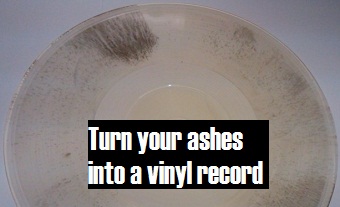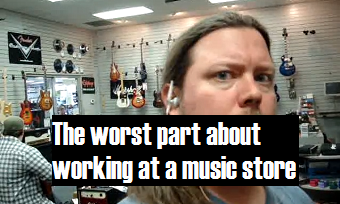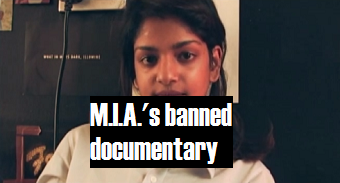How concert ticket short selling is screwing music fans

Former Ticketmaster CEO Nathan Hubbard has written a great piece describing one of the reason fans are getting screwed when trying to get tickets to major concerts and sporting events. Secondary ticket sellers use a short selling method similar to short selling in the stock market. From The Ringer:
Before tickets ever go on sale, a short seller posts a fake listing on a resale site at an inflated price. It looks just like any other ticket posted for sale, with no indication that it doesn’t actually exist. Incredibly, many of the top ticketing sites allow this practice — and as we’ll explore later, insure against it. The short seller merely makes up a seat location, then picks a price hoping it will be significantly higher than the actual market price for that ticket leading up to the event. He’s fishing for suckers. He’s fishing for you.
For example a seller can post on Stubhub that they have a Taylor Swift ticket for sale for $1,000, but they only try to obtain the ticket after the buyer has paid. The seller will try to find much lower priced ticket to fulfill the order, but the real problem arises when that seller cannot find a cheaper ticket and the buyer ends up in trouble. From The Ringer:
You are irrelevant to the short seller. Rather than suffer losses after the market has turned against them, a short seller might simply not buy and not deliver the tickets to you and disappear — it’s called “breaking their fill.” Some short sellers would rather shut down their businesses and start over than face their losses. And they can! They leverage their anonymity by getting new credit cards and launching new accounts. It’s like gambling, only you never have to pay your debts.
When this happens, most reputable resale sites will try to find alternative tickets or refund customers. Repeat: try. And if they fail, how do you refund a fan who flew across the country, took time off work and pulled kids out of school? Resale sites create an incentive structure that encourages short sellers to bail when the going gets tough. And there’s no remedy, no fix, no anything. At least not yet.
Check out the rest of Nathan’s article at The Ringer.










